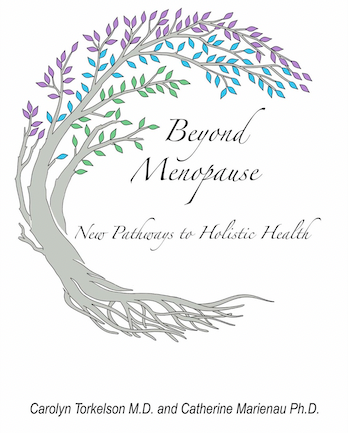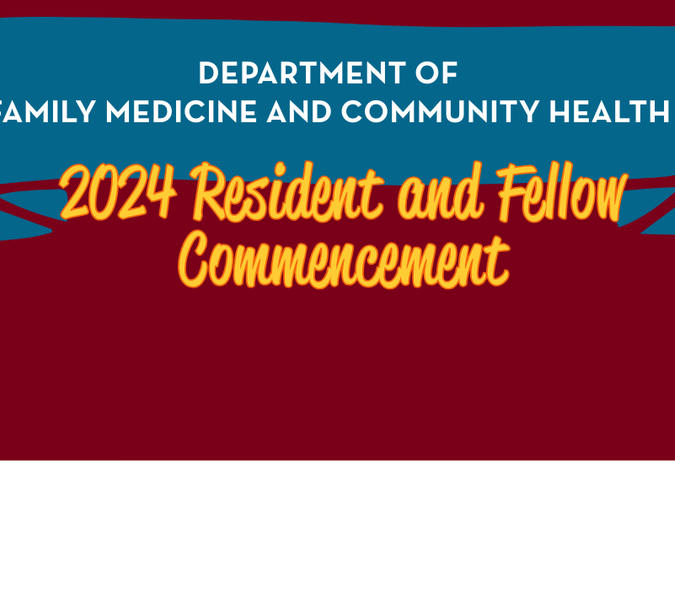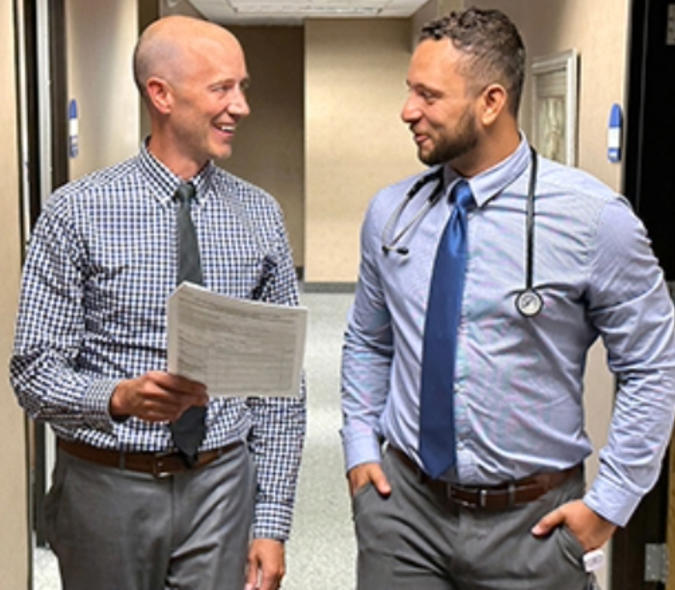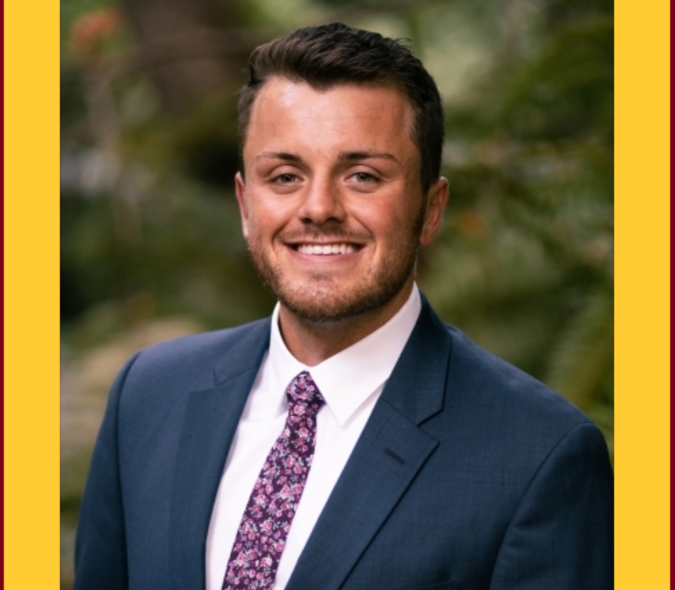
ALUMNI NEWS | Dr. Carolyn Torkelson Talks Beyond Menopause and Integrative Healthcare for Women
Carolyn Torkelson, MD, recently retired DFMCH faculty and an alum of Methodist Hospital Family Medicine Residency Program, discusses her new book, “Beyond Menopause: New Pathways to Holistic Health” and her hopes for the future as more women become advocates for their health.

Why did you decide to write this book?
When I left practice, I felt that I was leaving a gap in health care for women who wanted integrative care. I had heard from many women who were helped by having a holistic, integrated approach to their health, and I wanted to tell their stories. That's what prompted me to start writing the book.
I wanted to address postmenopausal women—that vast group of women over the age of 50 or so—who have decades left to live their lives. They are often overlooked, even invisible, in the healthcare system. Writing “Beyond Menopause: New Pathways to Holistic Health” was a way to offer them a resource for expanding their health care beyond conventional medicine.
You retired from the University of Minnesota in 2019. Can you tell us about the work you're doing these days?
I’ve been spending a lot of time working on the new book with my co-author Catherine Marienau, PhD, professor emerita, DePaul University, and co-host of the weekly podcast “Women Over 70: Aging Reimagined.” Apart from that, I am the co-chair of the Minnesota Holistic Medicine Group, which is an organization of about 900 practitioners from all disciplines of holistic care. It is a great way for practitioners to network and stay connected to those who are like-minded. I am also on the board of Pathways, a nonprofit organization that offers free complementary care to individuals with chronic health conditions.
I have adjunct associate professorship at the University and continue to write articles with faculty at the university. One paper, dealing with the health of women over 60, will soon be published in Geriatric Nursing. I am also revising a chapter on menopause with Sarah Westberg, PharmD, from the University of Minnesota College of Pharmacy. The text is “Women’s Health Across the Lifespan,” (third edition), available as an e-book through AccessPharmacy.
On top of that, I have three grandchildren, which is quite enough to keep me busy—and I have started playing pickle ball.
You are an alum of Methodist Hospital Family Medicine Residency Program. Could you tell us about how Methodist prepared you as a practitioner?
I had a wonderful residency experience. And not only at Methodist Hospital, but also Creekside Family Physicians, where we practiced. Most of our in-house practicum was with specialists. I had great mentors, e.g., Dr. Strauss (cardiology) and Dr. Duncan (nephrology). After I graduated, I felt very prepared for practice and was hired by PNMC. I practiced full-spectrum family medicine in Shakopee, Minnesota, at St. Francis Hospital.
My background is somewhat unique because I was a nurse before I went to medical school. I was an older student and already had experience in health care. The Methodist Hospital Family Medicine Residency Program was a perfect fit for me and my OB experience in residency was outstanding, and I went into practice feeling very prepared to do deliveries.
At what point during your training did you decide to focus on holistic medicine?
Even in medical school, I was very interested in wellness. Even though, back then, that wasn't a word we used a lot. I believed strongly in nutrition and self-care when I decided to start medical school. I knew I wanted to focus on preventive medicine.
However, when I started medical school, I felt somewhat boxed in given the disease-based approach rather than health promotion. Once I began practice, I really loved it, but I realized very quickly that I was not prepared to deal with health conditions that did not respond to surgery or medication. Many of the chronic conditions had deeper roots that needed a holistic approach to healing. That spurred me on to go and learn more about botanical medicine and functional medicine. I received a Bush Fellowship to study integrative medicine in 2000 and then pursued a research fellowship at the University of Minnesota.
Up until my retirement my clinical work was in women’s integrative care at Women’s Health Specialists and Mill City Clinic. I had great support from my colleagues to explore new pathways for patients to heal.
Are there any other projects you're working on or planning for the near future?
I am giving thought to how I can move this book forward and how I can continue helping women become more engaged in their own self-care and advocating for themselves as they age. I think developing a workbook to go along with the book, “Beyond Menopause,” would be a good way to educate women. It could also be helpful to host seminars or establish book clubs where women could do small group discussions about how they're going to advocate for themselves, get the health care they want, and look at other integrative options that might appeal to them.
Do you have any other inspiring thoughts to share?
I would love to see practitioners get excited and committed to caring for women as they transition through menopause and the many years beyond. The other side of menopause is a time for women to optimize their health and discover new pathways to living holistically. Our new book is a resource—a platform for engaging women no matter where they are on their health journey. My coauthor and I want it to be the beginning of a movement for post-menopausal women to take control of their health and help them fully realize their potential.
To learn more about Dr. Carolyn Torkelson’s new book “Beyond Menopause” and her work in integrative health, please visit her website at www.womenagingwell.org.



